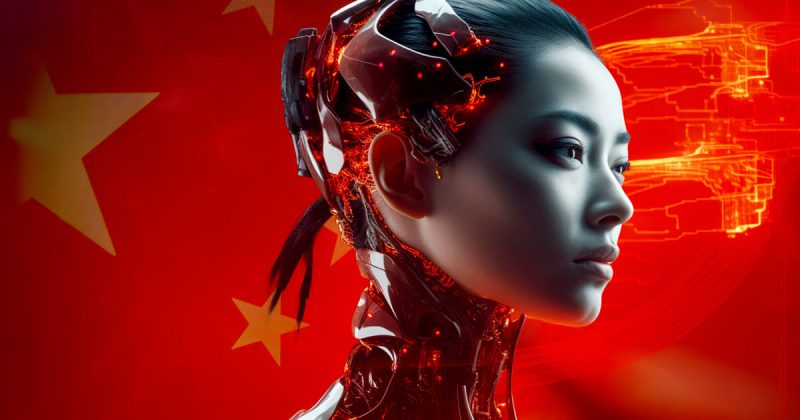China is taking significant steps to advance its artificial intelligence (AI) capabilities by planning the establishment of AI chip factories that will utilize particle accelerators. This initiative is driven by the desire to navigate international sanctions and reduce dependence on foreign technology, according to the report.
Particle accelerators are poised to bring about a transformative era in AI semiconductor chip production. They achieve this by converting electron beams within the accelerator into a “high-quality” light source. This is a crucial element for the on-site manufacturing of AI semiconductor chips.
Also read: Shiba Inu Seeks Stability Amidst Market Uncertainty
China remains sturdy in AI Chip Pursuit despite sanctions
Despite facing international sanctions, China remains steadfast in its pursuit of technological advancements. Additionally, the recent enactment of landmark AI legislation underscores its unwavering commitment to AI development.
In a competitive move, Tencent unveiled its own ChatGPT alternative in the Chinese market on September 7th. In addition, reports indicate that scientists from Tsinghua University are in discussions with authorities in the burgeoning Xiongan New Area to identify an optimal location for this advanced factory. This collaboration sets the stage for potential breakthroughs in technology.
Local scientists and authorities see the use of particle accelerators as a strategic maneuver. This is with a view to potentially circumventing existing U.S. sanctions. By adopting this technology, China aims to reduce its reliance on foreign sources. Particularly, in semiconductor chip production, a crucial component for high-level AI systems.
According to the SCMP report, the proposed Chinese mega-factory has the potential to accommodate multiple lithography machines. This underscores China’s unwavering commitment to achieving technological self-sufficiency. Additionally, with particle accelerators poised to redefine the landscape of AI semiconductor chip production, China inches closer to its AI vision.





